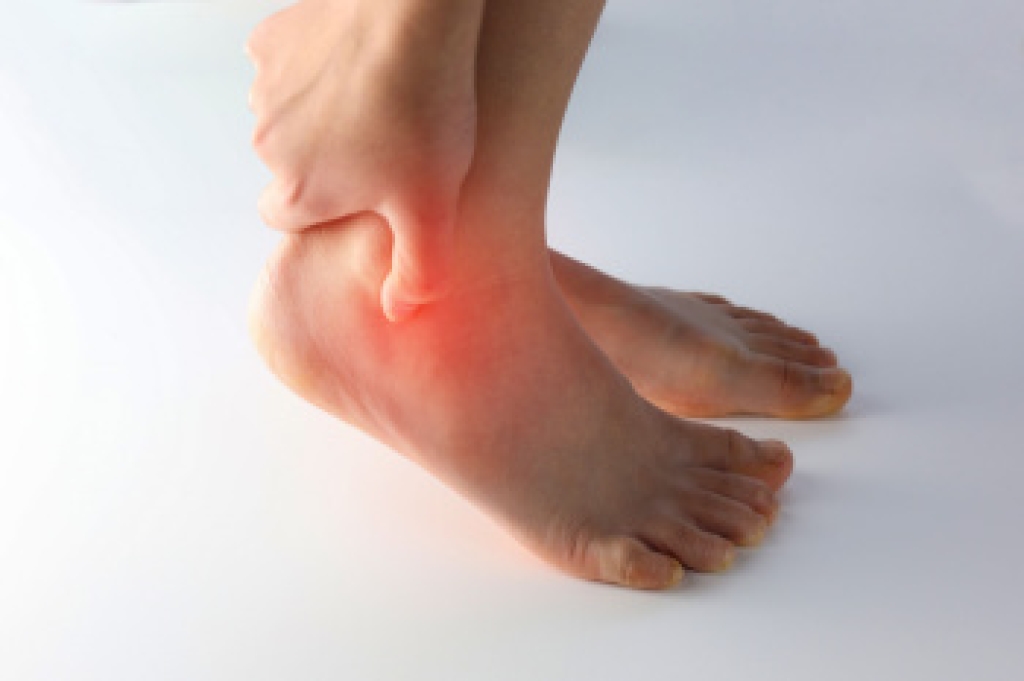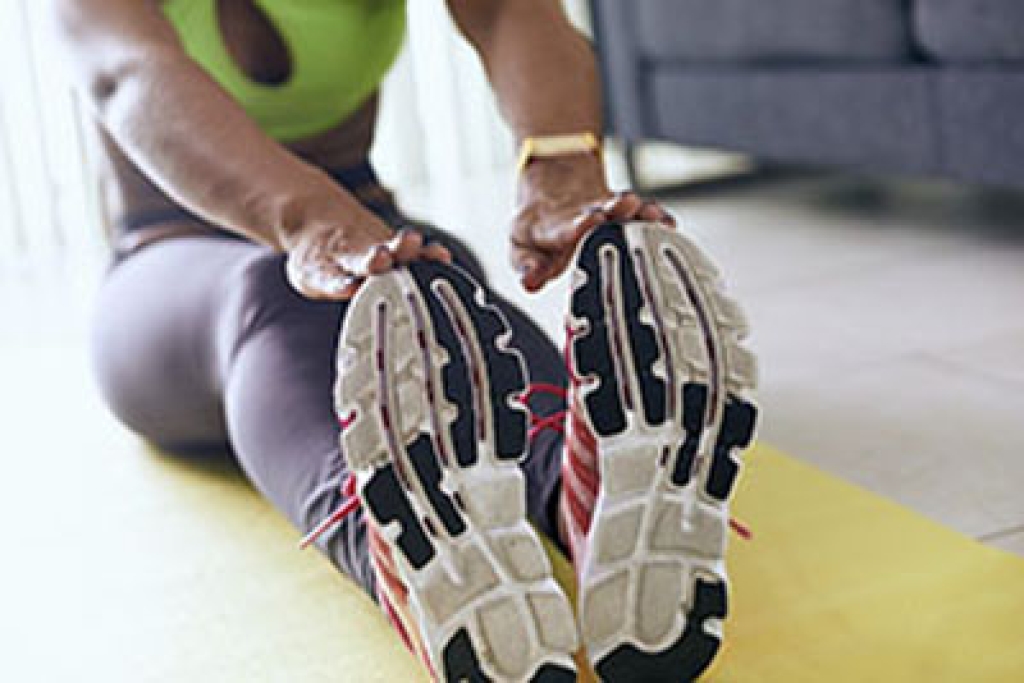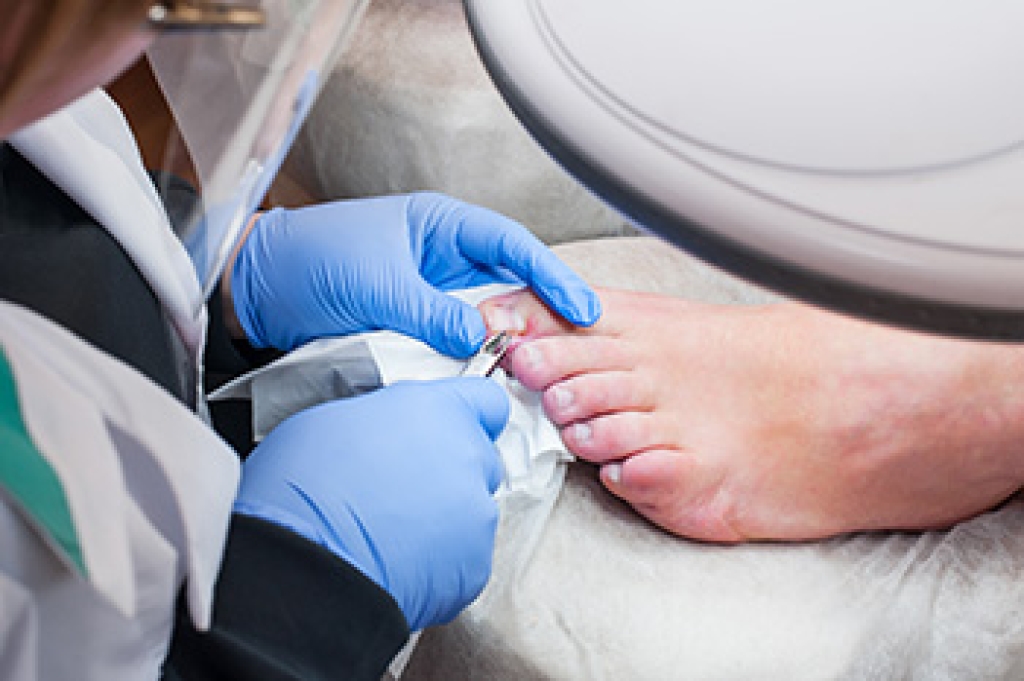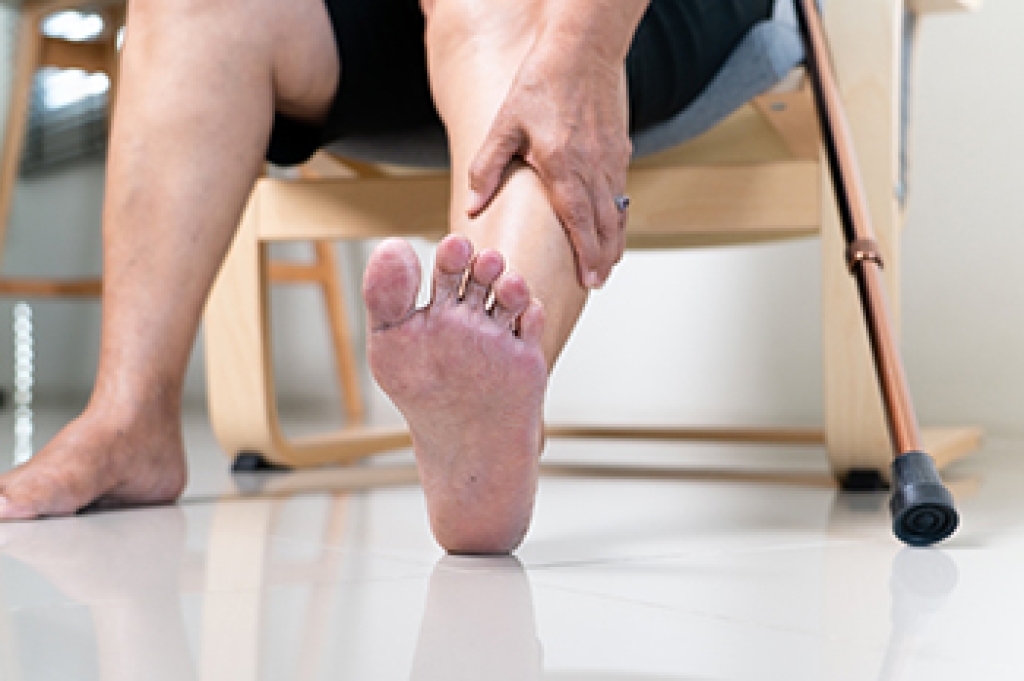
Ankle pain that appears at night can feel unsettling because it often develops when the body is finally at rest. Some people notice a dull ache after a long day, while others feel sharp twinges that interrupt sleep. This discomfort may come from lingering inflammation, subtle joint irritation, nerve sensitivity, or strain in the tendons that support the ankle. In some situations, swelling becomes more noticeable once the feet are elevated, and in others tight muscles create pressure that becomes clearer when movement slows. Understanding the cause is important because nighttime symptoms can signal early joint changes, overuse, or an untreated injury that needs attention. A podiatrist can examine the ankle, assess strength and mobility, and recommend care that supports healing and reduces irritation. If your ankle pain continues to disturb your rest or worsens over time, it is suggested that you see a podiatrist for an accurate diagnosis and effective treatment solutions.
Ankle pain can be caused by a number of problems and may be potentially serious. If you have ankle pain, consult with one of our podiatrists from Associates in Podiatry, PC. Our doctors will assess your condition and provide you with quality foot and ankle treatment.
Ankle pain is any condition that causes pain in the ankle. Due to the fact that the ankle consists of tendons, muscles, bones, and ligaments, ankle pain can come from a number of different conditions.
Causes
The most common causes of ankle pain include:
- Types of arthritis (rheumatoid, osteoarthritis, and gout)
- Ankle sprains
- Broken ankles
- Achilles tendonitis
- Achilles tendon rupture
- Stress fractures
- Bursitis
- Tarsal tunnel syndrome
- Plantar fasciitis
Symptoms
Symptoms of ankle injury vary based upon the condition. Pain may include general pain and discomfort, swelling, aching, redness, bruising, burning or stabbing sensations, and/or loss of sensation.
Diagnosis
Due to the wide variety of potential causes of ankle pain, podiatrists will utilize a number of different methods to properly diagnose ankle pain. This can include asking for personal and family medical histories and of any recent injuries. Further diagnosis may include sensation tests, a physical examination, and potentially x-rays or other imaging tests.
Treatment
Just as the range of causes varies widely, so do treatments. Some more common treatments are rest, ice packs, keeping pressure off the foot, orthotics and braces, medication for inflammation and pain, and surgery.
If you have any questions please feel free to contact our offices located in Pittsburgh-South Hills, and Pittsburgh-Bellevue, PA . We offer the newest diagnostic tools and technology to treat your foot and ankle needs.




